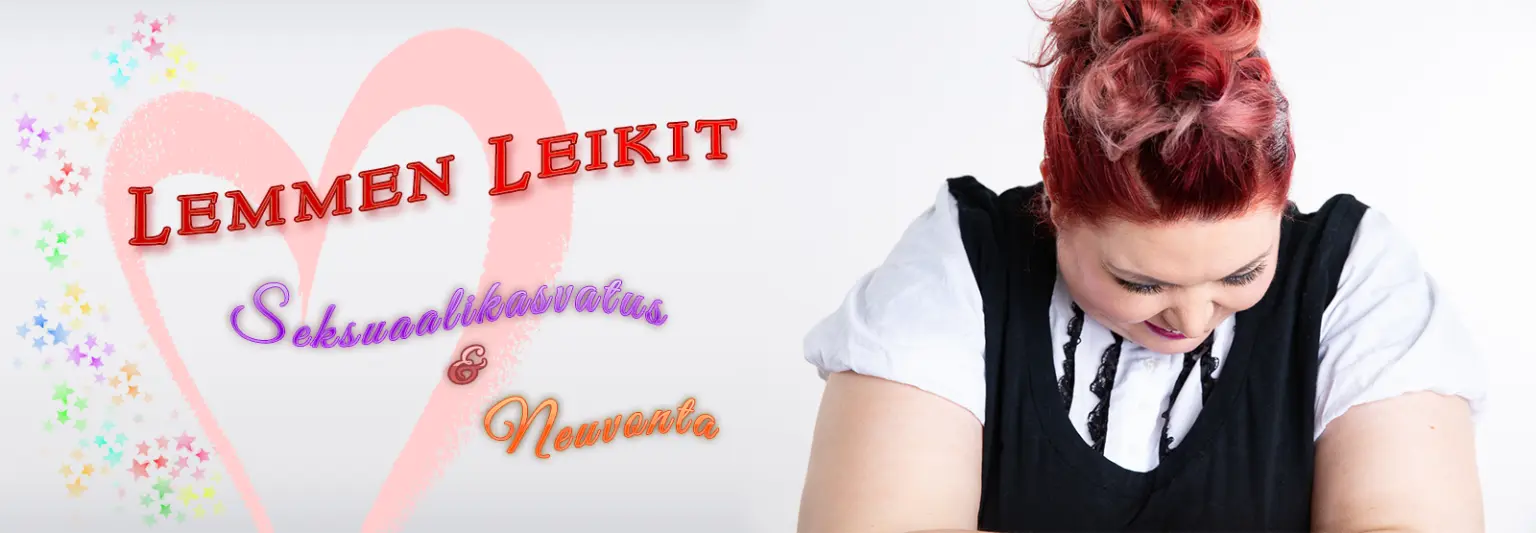” When I Fall in Love, it will be forever” – Nat King Cole-
Today we will discuss the crazy little thing called Love.
Why do some of us fall in love too easily, why do we fall out of it and why some of us won’t ever experience it?
All you need is Love, yes yes Beatless are right about that.. but we need SO much more in order to keep it.
So let’s go deep into the chemistry of
What is Love hahahahahaha.. Can you hear it?
Sing it with me baby!!!
Ummmm yeaah!
First a little weird trivia, did you know that you will sync up your breathing with the person you are sleeping with?
I did not know that, until I did some digging for this blog.
Apparently that’s how we humans roll

It’s all in your head!
Most of us have heard of oxytocin as the “make me feel good hormone” or “love hormone” as it’s associated with social connection and released for example during massages, breastfeeding and most famously during sex. Yet there isn’t just one hormone, and you cannot simply spritz yourself in oxytocin and find love. Instead, there is likely a cocktail of hormones interacting in a specific way in humans that lead us to love. There are three areas in the brain that act as a magic trilogy, interacting with three key hormones: Dopamine, oxytocin and vasopressin.
To simplify, these three brain regions are:
Ventral tegmental area (VTA), which releases dopamine.
Nucleus accumbens (NA), containing many oxytocin receptors.
Ventral pallidum (VP), containing many vasopressin receptors.
Dopamine both helps fire up relationships and maintains them, and from animal studies, it can be seen that different receptors respond to falling in love, staying in love and breaking up. Oxytocin receptors in the brain region which mediates reward and motivation are key to explaining many individual differences in behaviour. In fact, scientists have found that people who have a greater amount of oxytocin receptors in this region are associated with a higher likelihood of forming lifelong pair bonds.
Love is Blind!
The frontal cortex is the center of executive functioning, judgement, and logic, all of which get thrown overboard in love. This is due to decreased activation in this brain area, which translates to a suspension in judgement or a relaxation of judgemental criteria by which we judge other people. We seek for people to love us in spite of our shortcomings;
Turns out we literally don’t see them!
Or at least we judge them less harshly because our frontal cortex is drugged by a powerful set of brain cocktails. Neuroscience proves it, love is illogical.
Falling in love is also a huge stress for the whole body. It powers up the adrenal glands by 40% so you have that much extra cortisol running in your system. This increases alertness, focus and makes you stay on your tiptoes ready to tackle any problems as soon as you get a whiff of them.
Love can make you feel like you have super powers!
During this state of love, your body is under substances that mimic morphine-like substances. You can lose your sense of hunger and feel less pain. It can also make you do very impulssive things and be maybe a little stupid and crazy, this is why love scamming is soooo effective. Smart people can literally lose their shit when falling in love, so blaming the victim is really not fair. During this state you can be immune to sadness and depression. Those feelings can pass really quickly like oil from a teflon pan. The stress keeps you up at night and you may find yourself daydreaming with a huge goofy smile on your face, about the person of choice.

Falling in love lowers the testosterone levels in bio-men and it doubles in volume in bio-women. This shifting of the hormone levels makes the two sexes come closer to each other.
But there is a trick that nature has played on us.
Bio-men´s bodies need time to do this process and the first sign that this altering has happened is that the bio-man is usually more committed to the partner and takes more serious note on the relationship.
For bio- men, lowering the testosterone levels means feeling a little more grounded, a little more thinking forward of the relationship and making sure your partner’s needs are met, being a little less selfish and more communal.
Bio- women’s bodies work a little differently, we tend to get the spurts of testosterone early in the love process and it gets the final touch during sex. But during sex some of us get ”The Hook- effect” (my own terminology) that makes us have a deeper and more meaningful bond with our partner.
Some bio-ladies do not have this issue at all, but some of us do. And what makes this complicated is that falling in love feels very similar to sexual attraction, so it’s really difficult to separate those things. Being ”hooked” on a person that does not feel the same way is a very very difficult and very painful experience.
The extra testosterone in us bio-ladies means that it makes us feel bolder, we take more risks, our personality becomes more outgoing and socializing. We also are more agreeable to the wants and desires of the partner.
Nothing last forever
Of course this state is not sustainable for the body in the long run, so this state will gradually fade within a year or so. Hormonal levels will start to get into normal state and within this time period the couple will experience their first crisis in the relationship. This happens, because they remember that they actually are two separate individuals with different needs and desires. During the lovey dovey phase they are one unit, with one big dream,- that’s why their friends won´t see them for a year

Still some hormonal action is left running in the back up burner, because evolution wants us to have babies..

Do you fall in love with people who live far away and you stay like that for years?
Well there are reasons for that.
Firstly it can be your attachment style that you´ve learned as a kid and secondly it can be in your brain chemistry.
How wicked is that?
People with this type of love situation going on ( as a pattern), tend to have different levels of serotonin. Serotonin levels are lower and that means that you can obsess about your partner and over idolise them. Same Kind of brain chemistry can be found in people who have OCD =Obsessive compulsive disorder. This can be treated with depression medicine.
Why do some people tend to fall in love fast and hard and for others it can take a long time or for some it never happens at all? Why do some of us feel pure bliss when falling in love and for some it feels more mild, more subtle, more down to earth?
The answers are not set in stone, every love can be a different experience in a different stage of life. And the experience of love differs from person to person. One experience of love is no more valid than the other.
But here are some generic answers to people who wonder why..
Life situations can be so different or difficult that all your energy and focus are directed to those things. Space for love is non-existent.
Divorce or a break up
Clinical depression, anhedonia, chemical or hormonal imbalance
Sickness, low thyroid for example
Just different style of brain chemistry
Love can creep up on you, love can be masked as hate at first. There are millions of different stories about it. It does not need to be rainbows and unicorns, instant sexual heat and attraction. It can start off as a good friendship that overtime blossoms into love.
The age old saying that ”one has Spring in their heart” can actually be true according to our biology!
Spring and summer time are usually the best times to fall in love, it’s speculated that it´s because of the increase of daylight and warmth that helps our bodies and brains to be more active in that area

Every love is unique and all of them have special value So if you have that Yicky yappy-kind of love that creeps up on you, or the flashy hot and steamy ,- nerve wrecking-kind of love, it is yours to keep and to enjoy to the max!
The greatest thing, you´ll ever learn, is to love and be loved in return! – – Nat King Cole- Nature boy


